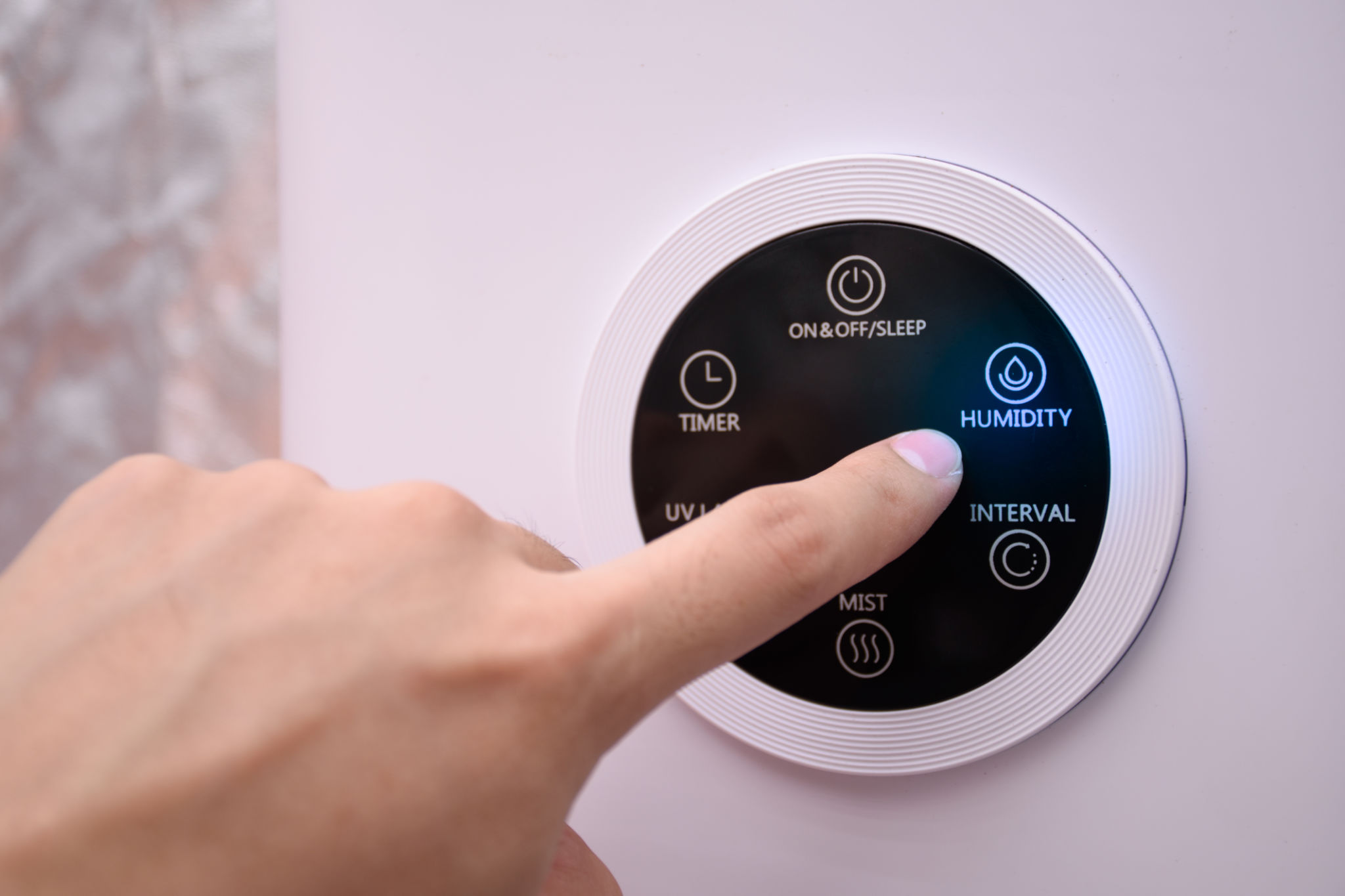Expert Tips for Storing Wine in Devon's Unique Climate
RW
Understanding Devon's Climate
Devon, with its picturesque landscapes, offers a unique climate that poses both challenges and opportunities for wine storage. The region experiences a maritime climate, characterized by mild temperatures and significant humidity. These conditions can affect wine preservation if not managed properly. Understanding the local climate is crucial for ensuring your wine collection remains in optimal condition.

Ideal Temperature for Wine Storage
Maintaining the right temperature is vital when storing wine. Ideally, wine should be kept at a consistent temperature between 10°C and 15°C. Fluctuations can cause the cork to expand and contract, potentially allowing air to seep in and spoil the wine. In Devon's mild climate, it's essential to monitor storage areas to prevent these temperature changes.
Consider investing in a wine fridge if your home tends to experience temperature variations. Wine fridges offer precise temperature controls, ensuring your bottles remain at a stable and suitable temperature year-round.
Managing Humidity Levels
Humidity is another crucial factor in wine storage. The optimal humidity level for wine storage is around 70%. Too much humidity can encourage mold growth, while too little can dry out corks, leading to oxidation. In Devon's naturally humid environment, it's essential to find a balance.

To manage humidity, consider using a hygrometer to regularly check the levels in your storage area. If needed, use dehumidifiers or humidifiers to maintain appropriate conditions. This will help protect your wine from the adverse effects of Devon's climate.
Choosing the Right Storage Area
Selecting an appropriate storage location in your home is crucial. Basements are often ideal due to their stable temperatures and humidity, but not all homes in Devon have basements. If this is the case, choose a dark, cool area away from direct sunlight and vibrations.
Avoid storing wine in kitchens or near appliances like ovens or dishwashers, as these areas tend to experience temperature fluctuations. Instead, consider converting a spare room or an under-stair cupboard into a dedicated wine storage space.

Properly Positioning Your Wine Bottles
How you store your wine bottles can also impact their longevity. Always store bottles on their sides to keep the cork moist and prevent air from entering. This is particularly important in Devon's varying climate, where corks can dry out if bottles are stored upright.
If you have sparkling wines with crown caps or wines with screw caps, storing them upright is acceptable. However, ensure they are kept in a stable environment to maintain their quality.
Monitoring and Rotating Your Collection
Regularly checking your wine collection is essential for preserving its quality. Inspect bottles for signs of spoilage or damaged corks. Rotating your stock ensures that older bottles are consumed first, preventing them from deteriorating over time.
Keeping a detailed inventory of your collection can aid in managing your wine effectively. Note the purchase date and optimal consumption period for each bottle to ensure you enjoy them at their best.

Conclusion: Embrace Devon's Climate
Storing wine in Devon requires mindful attention to temperature, humidity, and storage conditions. By understanding the nuances of the local climate and implementing these expert tips, you can enjoy a well-preserved wine collection that thrives in this unique environment. Embrace Devon's charm while ensuring that every bottle you open offers the perfect taste experience.
